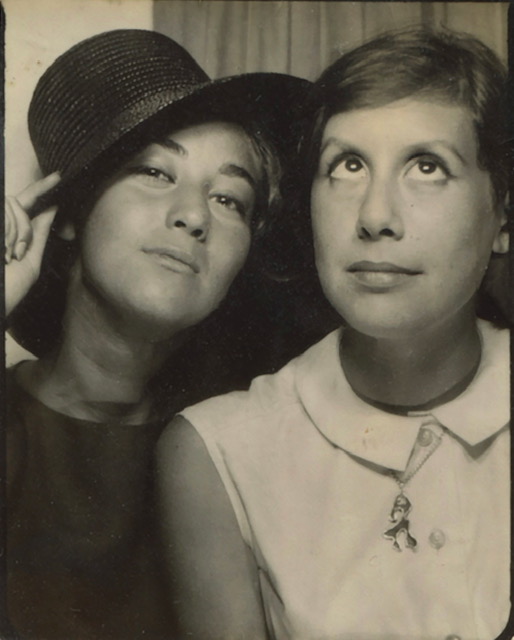I see them in my retirement community all the time: couples who are almost always together. There’s an easy intimacy between them—sometimes they hold hands or he drapes an arm over her shoulders. It’s easy to see that they’re committed to one another, but they’re not married and they don’t live together.
When I was a teenager, we’d have said they were going steady. In this less romantic age, they’re LAT: living apart together.
What surprises me about these not-quite-coupled couples is that there are so many of them here. All of them must be well over 70. Whether they realize it or not, they’re on the leading edge of a lifestyle that’s being pioneered partly by older people. One study found that, among those over 50 who had a partner but weren’t married, 31 percent were just dating, 30 percent lived together and 39 percent were in LAT relationships: they considered themselves a couple but lived separately.
I used to wonder sometimes why the LAT partners I knew didn’t marry or at least move in together. A few of the women were friends, so eventually I asked. They gave various reasons but they all mentioned that they never wanted to be caregivers again. They’d done their exhausting utmost for a husband who died, and they couldn’t face going through that a second time.
The first time I heard this, I was a bit shocked. How committed was this person if she was going to cut and run at the first sign of a health crisis? But it turns out that’s not what happens.
The people I’ve known who are in LAT relationships—both men and women—hang in. When their partner becomes seriously ill, they spend hours every day at the hospital or rehab facility. Once he or she returns home, they’re ready and willing to help. But what they don’t do is move in and become a caregiver. The older you are, the harder it is to cope in that role. Instead, families usually step in and find a solution, and while some families welcome involvement by an LAT partner, others do not.
Perhaps LAT couples aren’t as committed to one another as they’d be if they were married or living together, but in my experience their relationships are long term, loving and much more serious than just dating.
Reluctance to become a caregiver isn’t the only reason so many older couples are choosing LAT. Financial considerations also come into it. You’d think in a community like mine, LAT partners might decide to save money by sharing an apartment. But most of us want to leave as much as possible to our children when we die, and even cohabiting can complicate matters of inheritance.
In addition, many older people are well aware that there’s a major financial risk in marrying. If a couple marry and one of them becomes seriously ill, the other is legally responsible for paying all medical bills, using whatever both of them have been able to save, even if the wedding took place just a few months earlier. Medicare helps but often not enough, and if the ill spouse has to be cared for in a nursing home, the cost can be astronomical. Medicaid kicks in eventually—but the well spouse must be virtually bankrupt before that can happen.
Yet another reason many older couples prefer LAT is the desire to remain independent. Some who never married or who were divorced feel it’s a good thing to maintain some distance in a romantic relationship. Others who have lost a spouse have found afterward that they like living alone—having their own space and control over their own time.
I’m a widow. Where do I stand on all this? Marriage and cohabiting don’t interest me. I like living alone. And I’ve been a caregiver and it was hard. I wouldn’t want to do it again, though I sometimes wonder how I’ll manage if I need care someday, now that there’s nobody else sharing my space and my life.
About LAT, I’m ambivalent. On the plus side, if I were in that kind of relationship, I’d have someone to care about who cared about me, and I’d still have my independence. There are times when I yearn for lost intimacies: for a hand to hold, a good, long hug and someone to talk to and listen to about the things that matter most. I miss all that at least as much as I miss sex.
But like everything else, closeness has a downside. If there were a man in my life, there would be new demands on my time. I spend most of every day at my computer, writing or editing, and for me that’s so very satisfying.
I guess you could say I’m happily married to my work. Which means I’m not a candidate for LAT.

Flora Davis has written scores of magazine articles and is the author of five nonfiction books, including the award-winning Moving the Mountain: The Women’s Movement in America Since 1960 (1991, 1999). She currently lives in a retirement community and continues to work as a writer.



